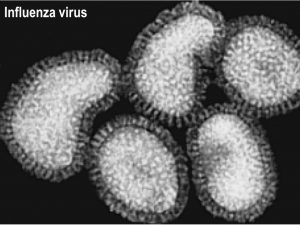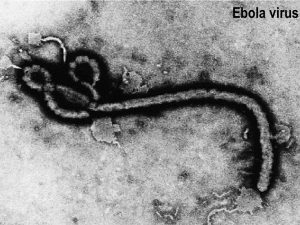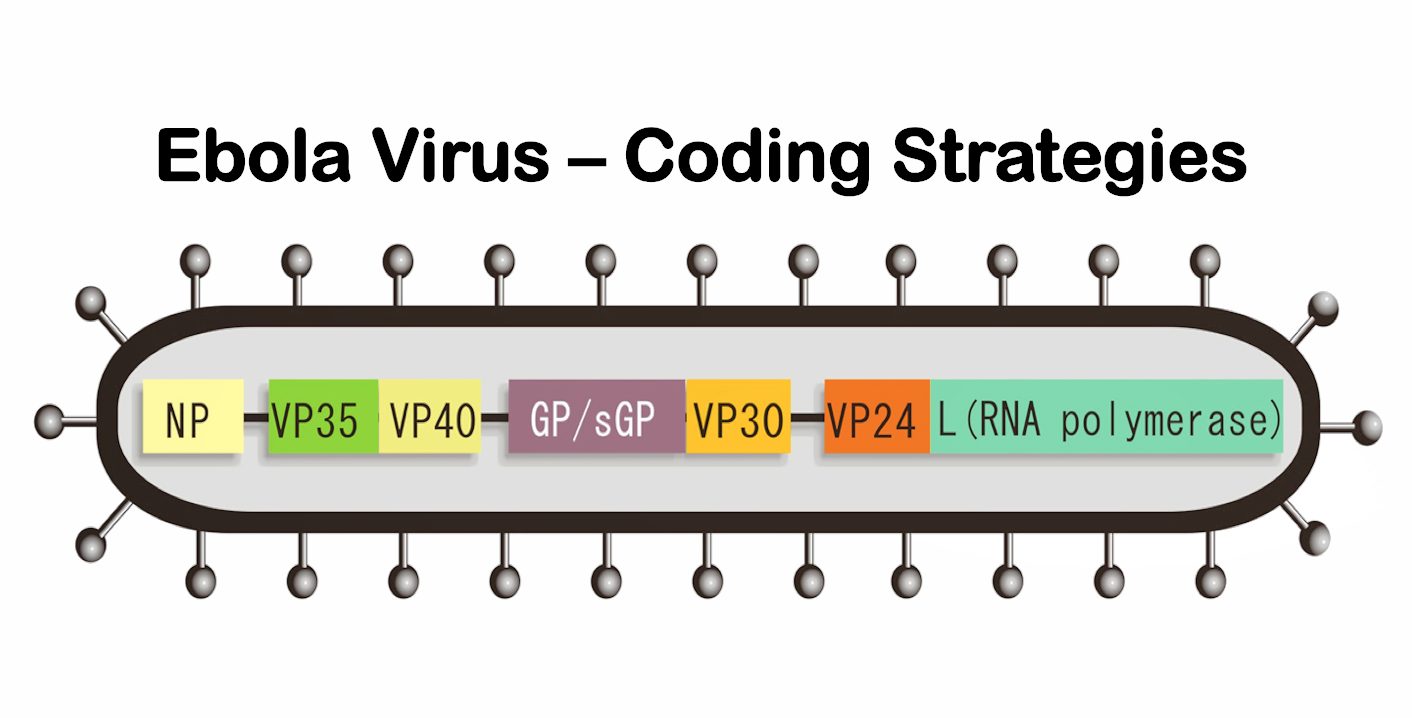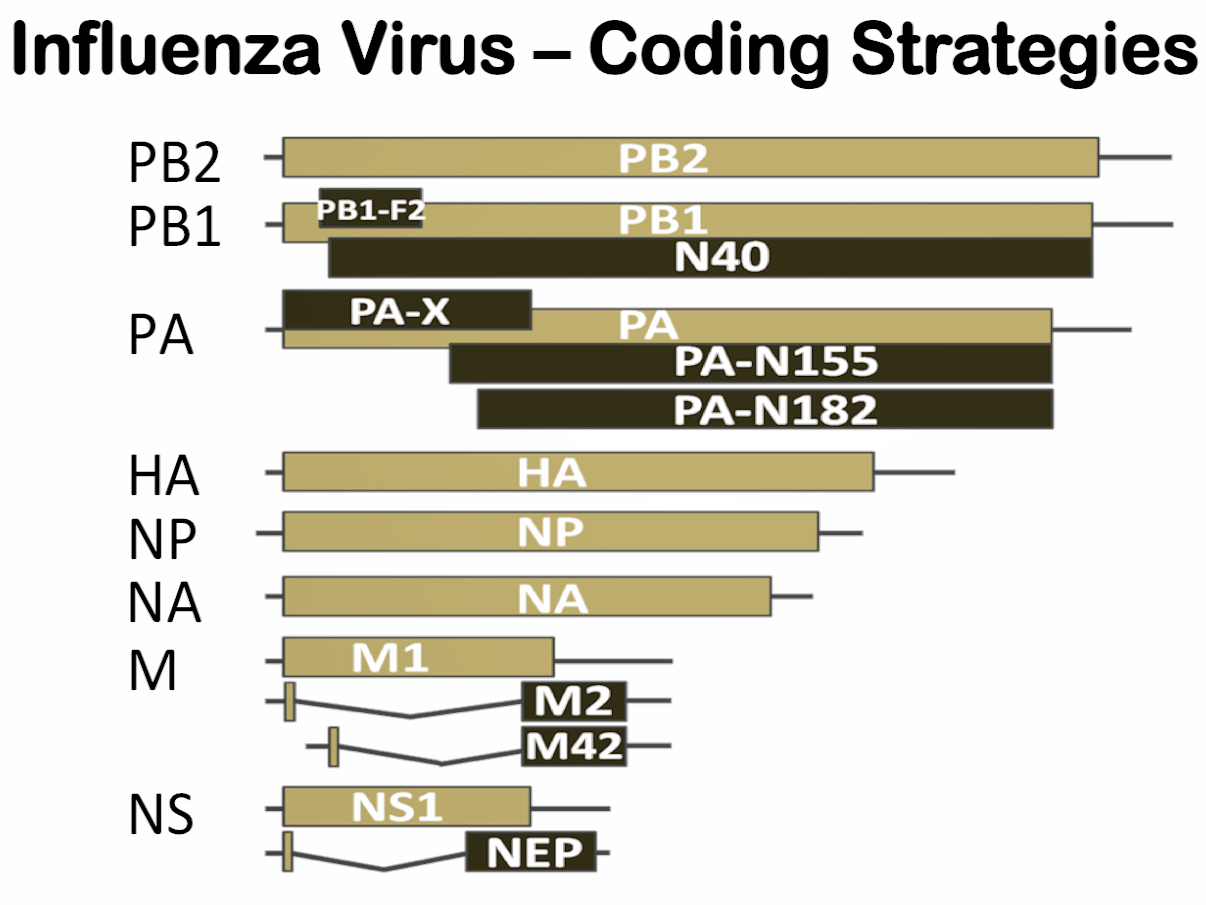Identification of new genes in Ebola and Influenza Viruses
 Influenza viruses such as H5N1 subtypes and filoviruses like Ebola virus are important pathogens that inflict severe morbidity and mortality in humans. Pandemics caused by influenza viruses can be associated with high mortality rates; likewise, Ebola virus infections can result in mortality rates as high as 90%. The small RNA genomes of influenza viruses and Ebola virus encode only 11–12 and 8 known viral proteins, respectively; however, uncharacterized viral genes may affect their replication and/or pathogenesis. Therefore, this proposal will identify and characterize currently uncharacterized influenza virus and Ebola virus genes (hypothetical genes, unknown open reading frames, and noncoding RNAs).
Influenza viruses such as H5N1 subtypes and filoviruses like Ebola virus are important pathogens that inflict severe morbidity and mortality in humans. Pandemics caused by influenza viruses can be associated with high mortality rates; likewise, Ebola virus infections can result in mortality rates as high as 90%. The small RNA genomes of influenza viruses and Ebola virus encode only 11–12 and 8 known viral proteins, respectively; however, uncharacterized viral genes may affect their replication and/or pathogenesis. Therefore, this proposal will identify and characterize currently uncharacterized influenza virus and Ebola virus genes (hypothetical genes, unknown open reading frames, and noncoding RNAs).
 In addition, we will perform apoptosis assays, IL-6 signaling assays, and subcellular localization studies on candidate genes identified in all three projects. Collectively, these studies will provide critical insights into the functions and cellular pathways modulated by these uncharacterized viral gene products. A better understanding of the replication and pathogenesis of these viruses is important for the development of new vaccines and antiviral therapeutics.
In addition, we will perform apoptosis assays, IL-6 signaling assays, and subcellular localization studies on candidate genes identified in all three projects. Collectively, these studies will provide critical insights into the functions and cellular pathways modulated by these uncharacterized viral gene products. A better understanding of the replication and pathogenesis of these viruses is important for the development of new vaccines and antiviral therapeutics.


Assigned Lab:
 Yohishiro Kawaoka studies the molecular mechanism of interspecies Influenza transmission and the role of viral proteins in the pathogenesis and viral replication of Ebola.
Yohishiro Kawaoka studies the molecular mechanism of interspecies Influenza transmission and the role of viral proteins in the pathogenesis and viral replication of Ebola.